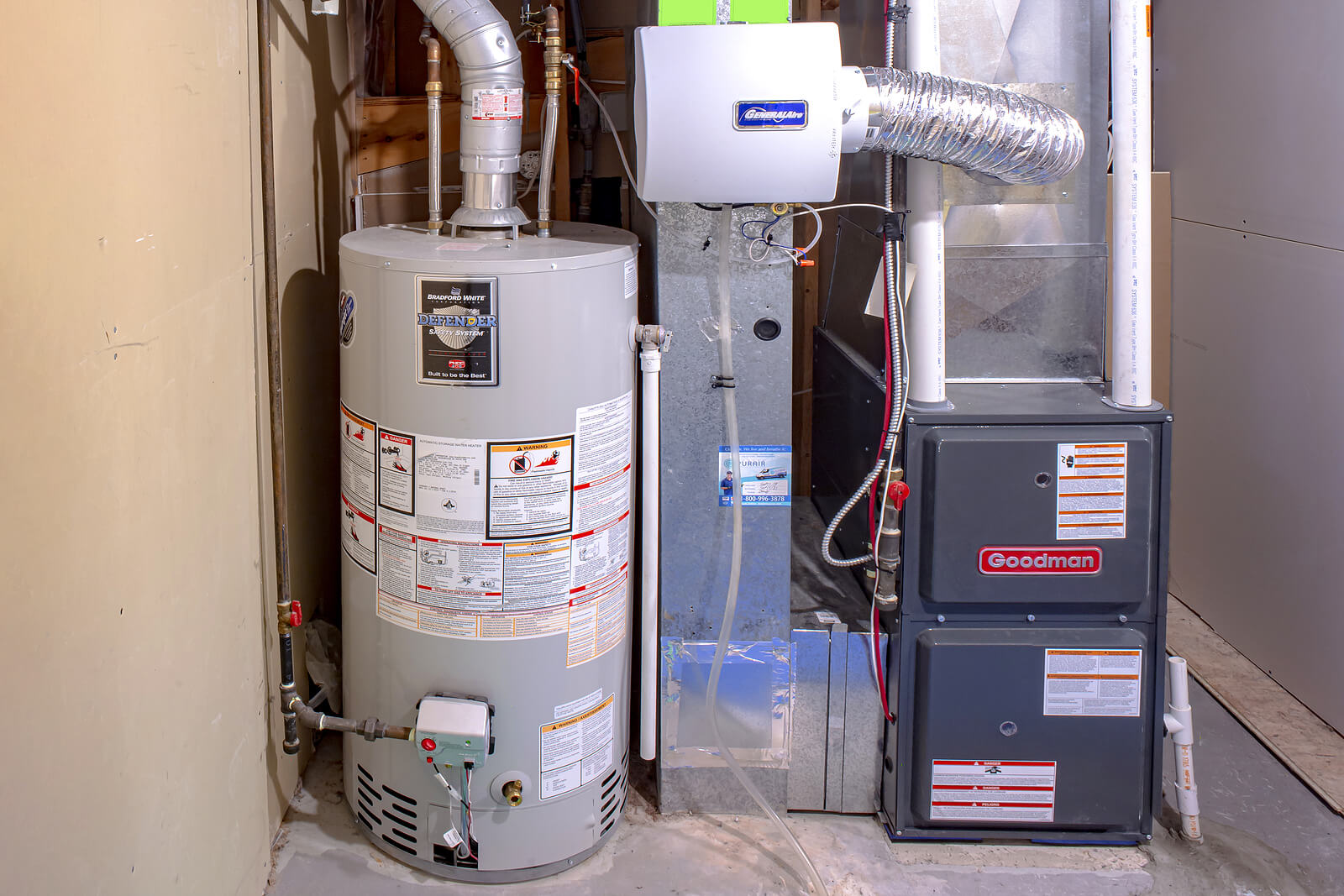
Legal Considerations for Buying Flats in Chennai
Chennai is one of India’s most vibrant and fast-growing cities, making it a hub for attractive real estate investment. Booming economy, excellent infrastructure, and a vibrant job market make buying flats in Chennai a most preferred option among investors and homebuyers.
1. Title Verification of the Property
Among all the legal considerations while purchasing a flat in Chennai, the foremost is the clear and marketable title of the property. A clear title refers to freedom from any legal disputes or claims. Before finalizing the purchase, you need to ensure that the seller of the flat is the true owner and that the flat is not mortgaged, sold without proper permission, or involved in some litigation process.
It is always advisable to seek legal assistance for conducting a title search at the local sub-registrar office or consulting a professional who can verify the history of property. This step will be helpful in protecting you from further legal complications.
2. Land Use Zoning and Approvals
The Chennai city has certain zoning rules that specify the type of land use that is permissible—residential, commercial, or industrial. Prior to purchasing a flat, ensure that the land on which the flat is under construction is permitted for residential purposes. Such property constructions done on agricultural or non-residential lands may attract legal hassles in the future. The building plans for the apartment must have been approved by local authorities such as the Chennai Metropolitan Development Authority (CMDA) or the local municipal corporation.
3. RERA Registration
The Real Estate (Regulation and Development) Act, 2016 or RERA was enacted for the cause of transparency, accountability, and protection of homebuyers. It requires all real estate developers including JV builders (Joint Venture builders) to register their projects with the concerned RERA authority before starting the advertising or selling of their properties.
Before buying the flat, check if the project has been registered with RERA. From the official RERA website, you can receive all the details of the project which includes completion time, quality construction, and credentials of builders. It ensures that there is no non-compliance which may result in filing of complaints if the project is being delayed.
4. Sale Agreement
The sale agreement is an important legal document in any transaction involving property. It outlines the terms and conditions of the sale, the agreed-upon price, payment schedule, and the delivery date of the property. Before signing the sale agreement for a flat, make sure it is drafted by a qualified lawyer who can help you understand its contents and implications.
Details of carpet area, parking provisions, amenities, and timeline for possession would also form part of the agreement. In case you are purchasing a flat from Jv builders in Chennai, details on the joint venture arrangement between the builder and the landowner need to be included in the agreement.
5. Stamp Duty and Registration
In Chennai, as well as the rest of Tamil Nadu, stamp duty is an integral legal requirement for property transactions. Stamp duty is charged as a percentage of the market value of the property or the sale price, whichever is higher. The rates of stamp duty in Chennai are different for different locations and values of the property.
In addition to stamp duty, the sale deed must be registered at the local sub-registrar office. Registration is essential to make the transaction legally valid and to prove your ownership of the flat. Make sure that all necessary payments are made and you get a copy of the registered sale deed for your record.
6. Occupancy Certificate (OC)
An Occupancy Certificate is issued by the local municipal authorities after all the constructions have been completed as well as cleared all inspections. An OC ensures the compliance of a flat with all local building regulations that include those safety standards.
Before buying a flat in Chennai, ensure that the developer has obtained the OC. Without this certificate, the property may not be legally habitable, and it may be difficult to obtain utilities like water and electricity.
7. Encumbrance Certificate
The Encumbrance Certificate is an important document that proves the property to be free of any kind of legal liabilities, mortgages, or loans. It provides a history of all the transactions regarding the property, including previous sales and mortgage details.
Before buying a flat, ask the seller to produce the EC of the property.
8. Construction Quality and Defects Liability
Construction quality becomes the prime factor in any real estate investment. A quality project would mean adherence to prescribed building standards and quality raw materials used by the builder. The builders forming the JV for this project must be known for delivering projects on time, with quality that is promised.
9. Tax Implications and Compliance
There are also certain tax liabilities, both while buying the flat and afterwards, for buying a flat in Chennai. In case a new flat is being purchased, GST is applicable for the buyer. Also, the property tax has to be paid by the buyer to the concerned local municipal corporation once the property gets registered in the name of the buyer.
If you are buying a flat as an investment, you must be aware of the capital gains tax implications when you eventually decide to sell the property. You should also consult a tax professional to understand the tax benefits and exemptions you may be entitled to under the Income Tax Act.



